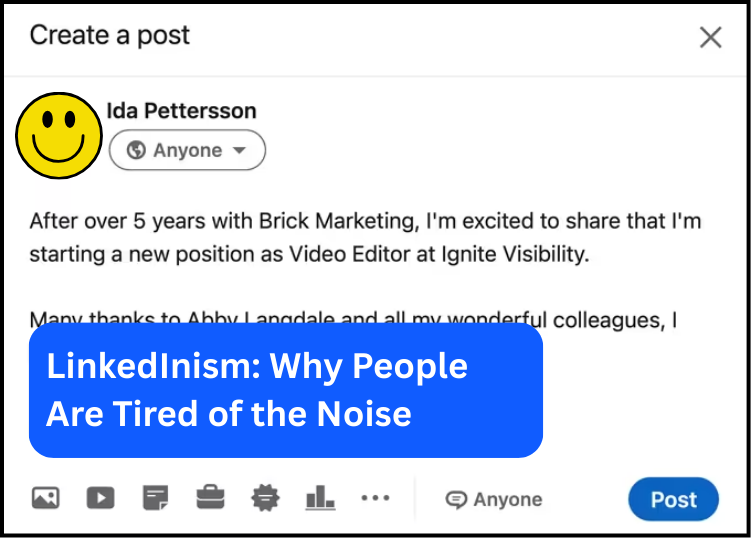Job scams aren’t new, but the tactics have shifted. In 2025, scammers are blending fake professionalism with tech tricks to target people who are genuinely looking for work especially remote roles. The scams feel more real than ever, and that’s what makes them dangerous.
Here’s how the latest schemes are working, and why job seekers need to stay sharp.
1. They’re Mimicking Real Companies Almost Perfectly
Scammers are getting better at cloning real brands. In some cases, they copy entire job listings from major platforms like LinkedIn or Indeed and post them elsewhere under fake recruiter names. They’ll build lookalike email domains and even spoof company websites to appear legit.
A job description might match one you saw on a real site but the contact info leads to a scammer.
2. AI Makes Their Messages Look More Professional
Gone are the days of sloppy grammar and obvious red flags. Scammers are now using generative AI to write convincing outreach emails, application forms, and onboarding documents. It’s polished, friendly, and believable. That makes it easier to fall for.
3. They’re Running Fake Interviews on Real Platforms
One of the newer tactics in 2025: scheduling video calls on Zoom or Google Meet that look legit. The person on the other end might even have a fake background showing the company logo. They go through a scripted “interview,” then ask for personal data or payment to “secure the role.”
4. They Target People Actively Searching for Work
If you’ve uploaded a resume to job boards, you’re more likely to get targeted. Scammers monitor platforms where people share resumes or public job search status. Some even scrape portfolios or LinkedIn profiles for contact information, then reach out with offers that feel tailored.
5. Fake Work-From-Home Jobs Are Everywhere
Remote work is still in high demand. That’s exactly why scammers lean into it. The job might be “data entry,” “virtual assistant,” or “customer support” — all easy to fake and hard to verify. These scams often start with vague job descriptions and end with requests for your banking info or ID.
6. They’re Moving Fast — And Expect You To Do the Same
Most scams push urgency. The job is “first come, first served.” They need documents “ASAP.” They want payment “to reserve your spot.” This rush keeps you from stopping to question whether the whole thing even makes sense.
7. They’re Targeting Freelancers, Too
It’s not just traditional job seekers. Freelancers are getting hit with fake clients offering big budgets for small projects. After a few back-and-forth messages, scammers ask for account details to “set up payment” or send fake checks to trigger chargeback scams.
What You Can Do to Stay Safe
- Search the job title and company together to check if the posting is legitimate
- Check the email domain — if it’s not a company address, be careful
- Never send personal info (like ID or banking details) until you’re officially hired
- Don’t pay to get hired — real companies won’t charge you for equipment or onboarding
- Ask for a call through a company email invite, not a random link
- Trust your gut — if something feels off, stop and research





